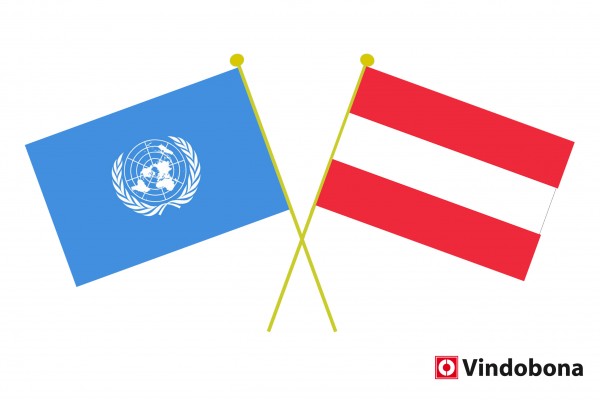Sponsored Content
Secretary General of the Austrian Foreign Ministry Shows Solidarity With Ukraine at UN General Assembly
Secretary General of the Austrian Foreign Ministry Peter Launsky-Tieffenthal held a speech at the UN General Assembly in New York promoting peace and condemning the violation of human rights.
 The United Nations has Passed a Resolution Asking Russia to Leave from Ukraine / Picture: © UN United Nations and Austrian crossed flags by Vindobona
The United Nations has Passed a Resolution Asking Russia to Leave from Ukraine / Picture: © UN United Nations and Austrian crossed flags by Vindobona
On Thursday, the U.N. General Assembly approved a nonbinding resolution calling on Russia to cease hostilities in Ukraine. As the first anniversary of the invasion approaches, this sends a strong message that Moscow's aggression must end. Ukraine drafted the resolution in consultation with its allies, which passed 141-7 with 32 abstentions,
or Log In
Fast News Search





